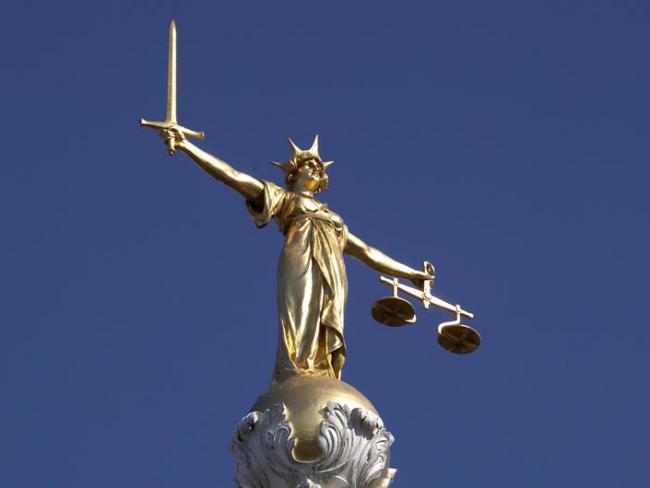With criminal barristers ramping up their industrial action to all-out strike from the start of September, new Justice Secretary Brandon Lewis has made an improved offer to try to get the courts back to work in England and Wales. Balloting on the offer began this week.
The “rock bottom” breakdown in trust between the Ministry of Justice and the Criminal Bar Association – negotiating on behalf of the barristers – was not improved when the government jumped the gun by making the offer details public in a press release before the CBA could inform its members.
Still, CBA Chair Kirsty Brimelow said there had been constructive talks resulting in “substantive positive movement” by government, enough to put the offer to members in a ballot, although not to suspend the action.
The CBA was asking for a 25 per cent rise in legal aid fees. The government is still sticking to its previous offer of a rise of 15 per cent but extending the new rate to all work on cases currently in process instead of only for new cases.
Previously barristers were only paid when their work was completed after the main hearing or trial. Due to the significant backlogs in the courts, many would have had to wait for several years before being paid the increased rate.
Cost
The new deal would cost the government £54 million – £19 million of it to improve solicitors’ fees for criminal casework. The new offer also includes extra payments totalling £3 million for work preparing cases, which was previously unpaid, £4 million for taking part in a new system of pre-recorded cross-examinations, and £5 million for annual fees in youth courts.
The rise for solicitors represents 9 per cent of income, on average. The reaction of the Law Society, which represents solicitors in England and Wales, has been to demand parity with the 15 per cent rise being offered to barristers. Without this, it will consider advising members not to undertake criminal defence work at all, said Law Society president Stephanie Boyce.
When the barristers first took industrial action in April, the government hoped that solicitors who were qualified to do such work would step into the gaps left by the strikers to enable the criminal courts to continue to run. They realised they had misjudged when solicitors turned up in significant numbers on the lawyers’ picket lines. Clearly the mood has not improved.
The barristers’ reaction to the new offer remains to be seen. The CBA ballot runs from 4 October to midnight on 9 October.

